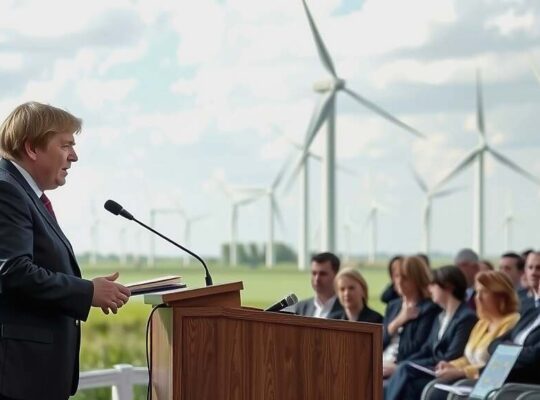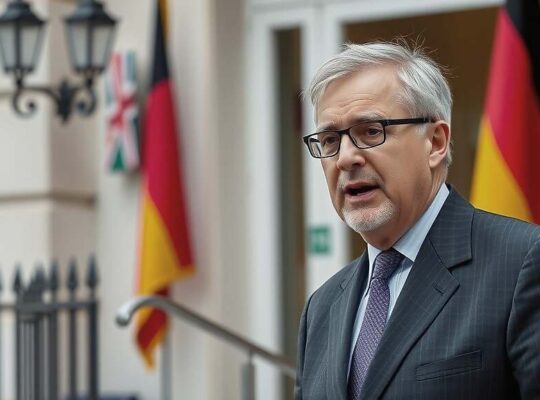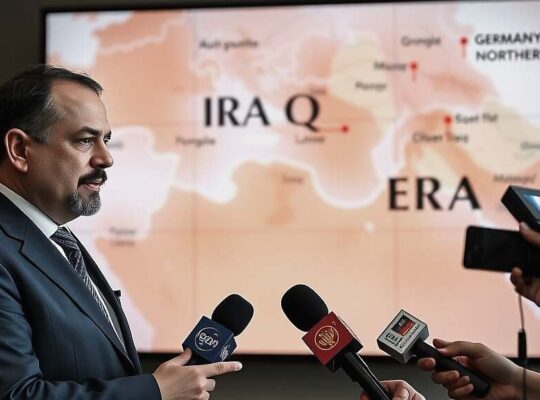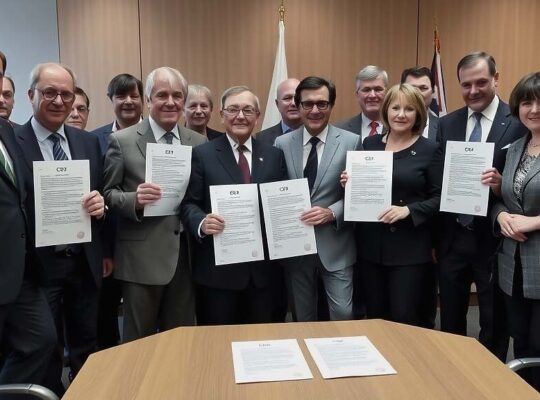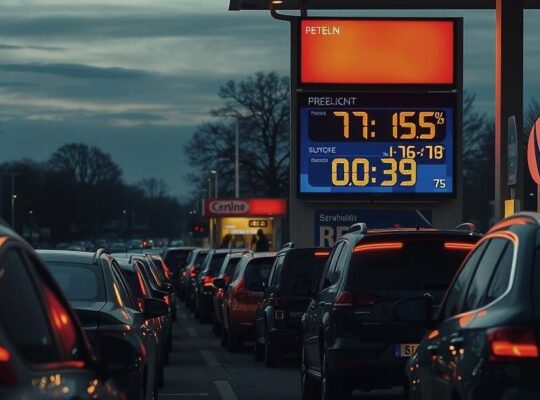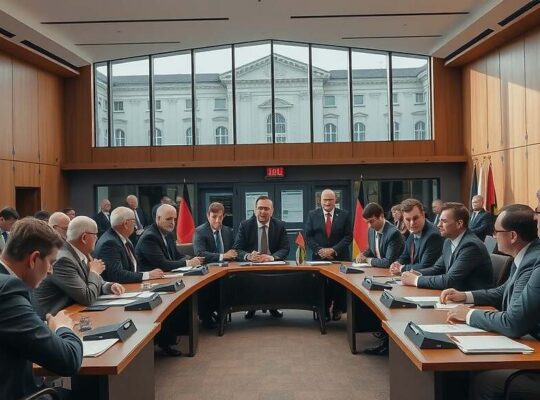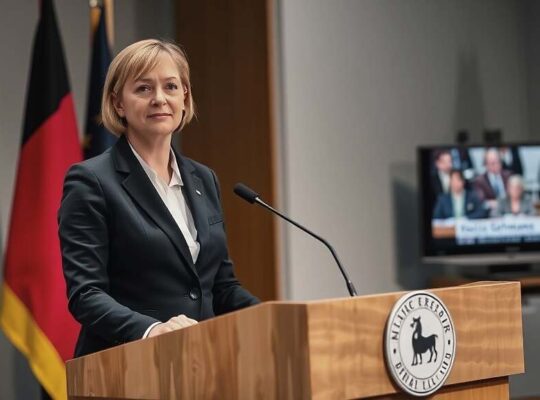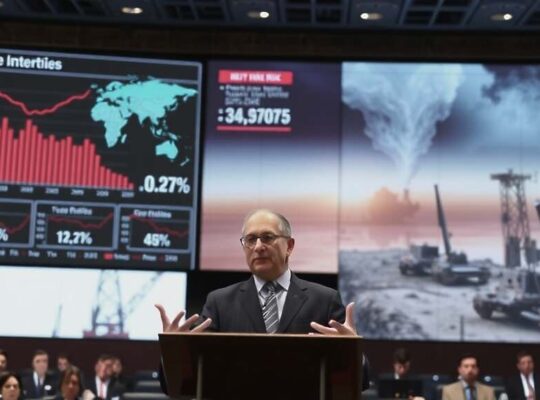Disagreements have emerged regarding the implications of a recent monitoring report on Germany’s energy transition, with differing perspectives on the pace and direction of future investments. The report suggests that electricity demand in the coming years might be lower than previously estimated. However, it simultaneously emphasizes the urgent need to accelerate the expansion of renewable energy sources and grid infrastructure.
Economy Minister Katarina Reiche has signaled a focus on optimizing investments, aiming to avoid “expensive overcapacities”. She stated the intention to concentrate expansion efforts on offshore wind, solar energy and grid infrastructure while significantly reducing investment and subsidies. This approach, she argues, will ensure investments align with actual needs and prioritize economic efficiency.
Armand Zorn, Deputy Parliamentary Group Chairman of the SPD, strongly countered this stance, asserting that there is no basis for slowing down the expansion of renewable energy. He emphasized that a significantly increased electricity demand is expected in the coming decades and that, therefore, electricity production must continue its expansion unhindered. Zorn cautioned against dimensioning the power system too narrowly, warning that insufficient electricity availability in the future could hinder economic growth. He agreed with Reiche, however, that optimization potential exists and that efforts should focus on cost-efficient and effective implementation without compromising ambitions.
The Union’s energy policy spokesperson, Sepp Müller, voiced support for Reiche’s reform proposals, stating the coalition is progressing the energy transition by balancing supply security, affordability and climate protection. He highlighted the goal of constructing new power plants while maintaining affordable energy prices and prioritizing climate protection goals.
Felix Banaszak, co-chair of the Green Party, warned against undermining the energy transition based on the report’s findings. He argued that the report confirms the current course, emphasizing that the expansion of renewables both onshore and offshore is on track. He criticized Reiche’s conclusions as diverging significantly from the report’s actual results, accusing her of attempting to downplay the findings. Banaszak further suggested Reiche’s actions are influenced by a desire to benefit fossil fuel companies and accused her of creating a “parallel political world” where inconvenient facts are disregarded.
Banaszak advocated for affordable electricity for all, achieved through expanding renewables, reducing electricity taxes and fairly distributing the costs of climate change impacts. He called for accountability for those who have profited from climate destruction and have not sufficiently contributed to the associated expenses.



